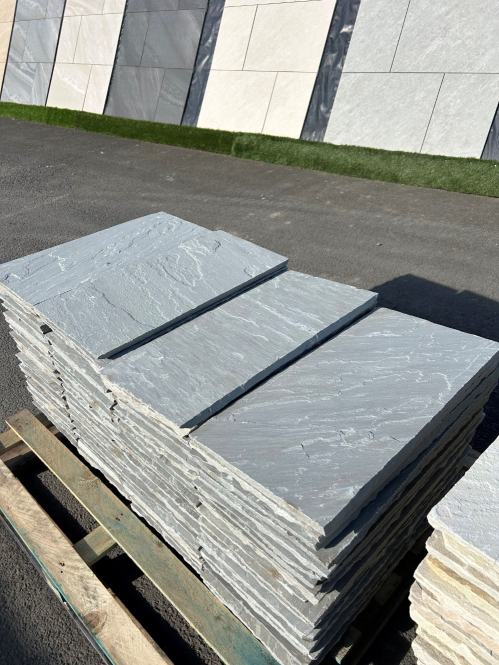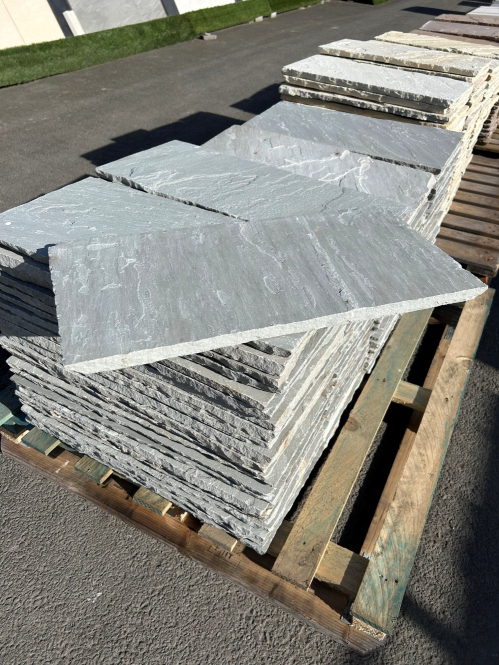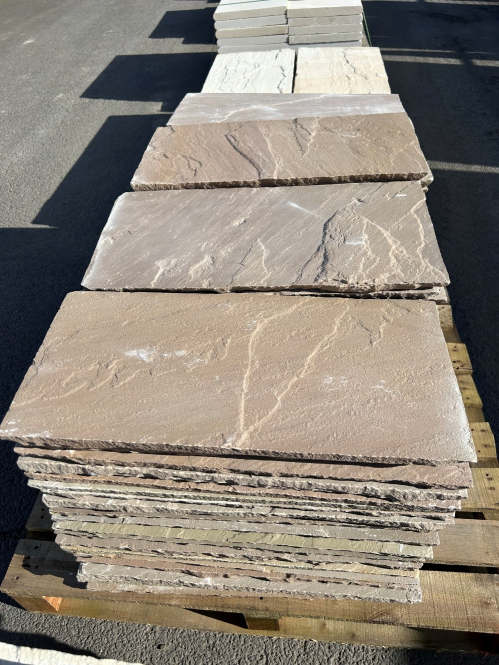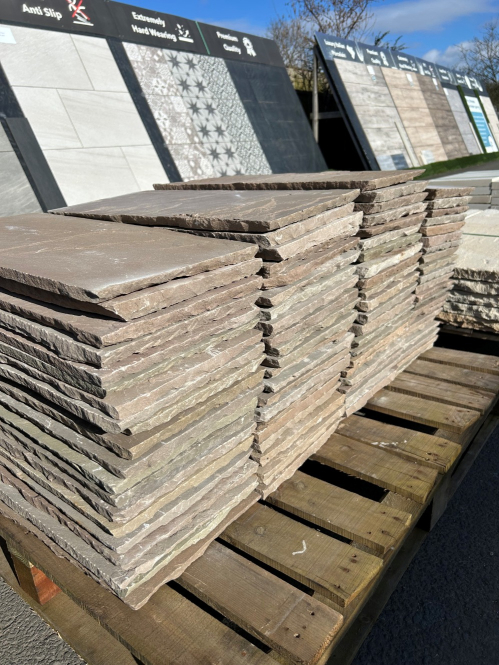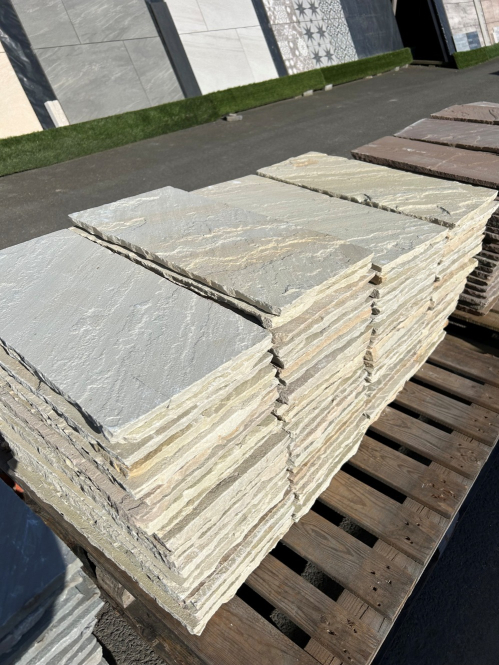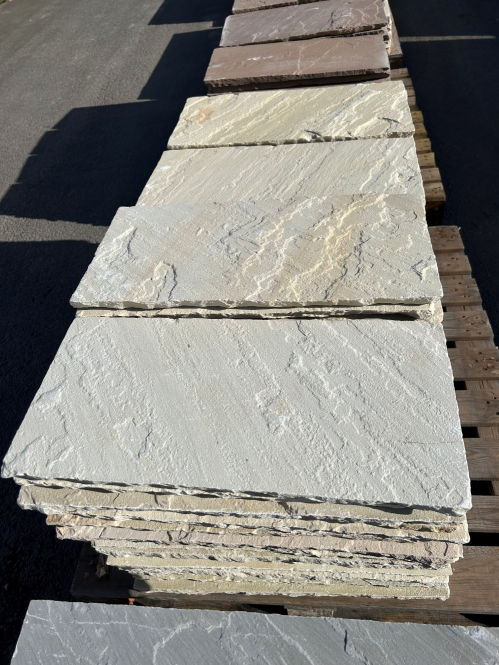Steps and Copings
Wall Coping Stones for a Premium Finish
Wall coping stones are the perfect finishing touch for any garden wall or landscaping project. Not only do they provide a sleek, high-end appearance, but they also protect your wall from weather damage—enhancing both style and durability.
While some customers choose to repurpose paving slabs as coping stones (a practical and budget-friendly option), purpose-made coping stones are often thicker, denser, and more robust. This makes them especially suitable for low walls that double as seating, offering greater strength and comfort.
Why Choose Our Coping Stones?
-
✅ Thicker & Stronger than paving slabs
-
✅ Luxury Finish for both modern and traditional walls
-
✅ Perfect for Seating Areas on raised beds or low garden walls
-
✅ Weather-Resistant for long-lasting protection
-
✅ Range of Sizes, Colours & Textures to match any project
Complete Your Project in Style
Explore our stunning collection of natural stone wall coping at Melton Stone—crafted to elevate your outdoor space with elegance and practicality.
Email - Sales@discountporcelain.co.uk
We're here to help you choose the perfect coping solution for your walling or garden design.
Wall Copings – A Smart Finish for Your Garden Walls
How thick should wall copings be?
The ideal thickness for wall copings depends on the type of wall and the material used. In general, coping stones range from 50mm (2 inches) to 100mm (4 inches) thick. Thicker copings may be used for taller or load-bearing walls to offer extra strength and weather protection. The main job of a coping is to cap the wall and help shed water away from the surface—so choosing the right thickness ensures long-term durability and a polished look.
Can sandstone pavers be used as wall copings?
Absolutely—sandstone pavers can double as wall copings. They're a popular choice thanks to their natural beauty, durability, and versatility. While they work well for capping garden or retaining walls, just make sure the thickness and width provide adequate coverage and stability. If you're after a neater or chunkier finish—especially if the wall will be used for seating—dedicated coping stones are the better option.
What’s the difference between Indian sandstone and limestone?
Indian sandstone and limestone are both excellent natural stone options, but they differ in texture, appearance, and porosity:
| Feature | Indian Sandstone | Limestone |
|---|---|---|
| Look & Colour | Available in a wide range (buff, grey, green, red). Riven or smooth finishes. | Typically more uniform (grey, beige, blue). May contain fossils or veining. |
| Texture | Slightly grainy with natural variation. | Smoother and denser in appearance. |
| Porosity | Generally more porous—can absorb moisture and may need sealing. | Less porous overall but still benefits from sealing outdoors. |
| Durability | Very durable and weather-resistant. | Strong and long-lasting, but some types can wear faster. |
Your final choice will depend on your style preferences and where the stone will be used. For example, sandstone is great for adding character with its colour variation, while limestone gives a sleek and clean look that's perfect for more modern spaces.
Ready to Upgrade Your Walling Project?
At Discount Porcelain Superstore, we stock a wide range of coping stones and sandstone pavers suitable for all kinds of walls—garden, seating, retaining, or boundary. Whether you prefer natural stone or want a porcelain alternative for a modern finish, we've got options to suit every budget.

